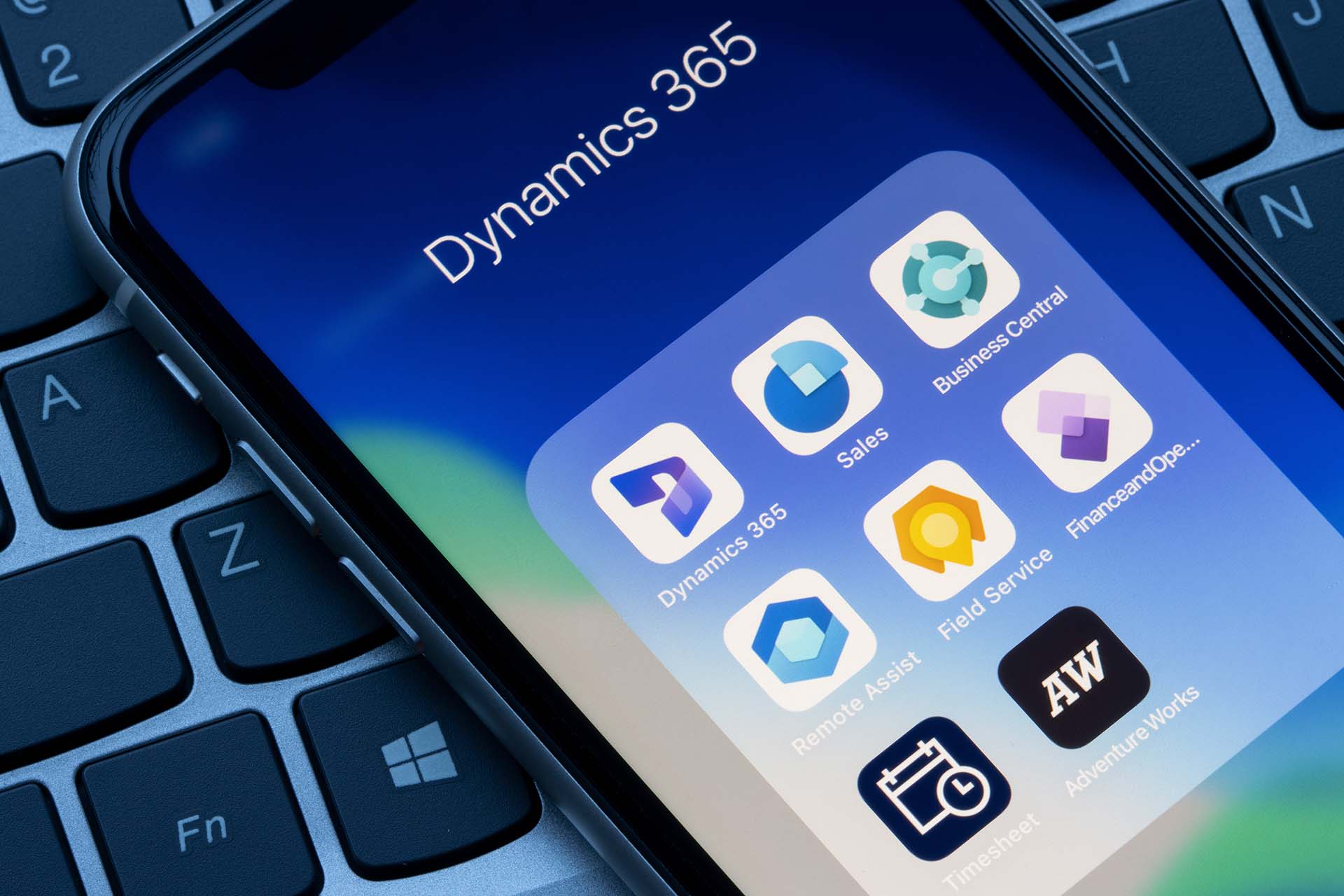How to Make the Best of Google Ads
As a small business owner, reaching more customers online is probably high on your wish list.

What to consider
As a small business owner, reaching more customers online is probably high on your wish list
Whether it's a steady stream of new clients or improved awareness of your brand you seek, you'll no doubt have identified that you need a slice of the online search action.
Google Ads – formerly known as Google AdWords – are a great way to do just that. These Pay Per Click (PPC) ads appear in Google search results and allow your business to jump straight to the top of the results page that's served to your target market.
That is providing you've chosen the right keywords, got your website 100% ready and applied a sufficient budget.
Google Ads can be a great way to get in front of your customers, gain their attention and achieve sales. However, if they are not executed correctly, they can quickly burn through your marketing budget with few tangible results.
The key to making the best of Google Ads is to ensure that you:
1. Do your Google Ads homework
Google themselves provide tons of guidance to help you sculpt an effective campaign for your business. Finding the right balance between reach and relevance will involve playing with the exact and broad match settings. You'd probably prefer qualified leads, but you may also have expectations on volume, so exact matches may be unrealistic.
Look into the type of keywords that are likely to perform best for you. Transactional phrases tend to be the ones users enter when they want to go to a website to buy, sign up or register for something. So, you may want to consider these a priority over keywords used when the need is more formation (informational) or to find a specific company (navigational) simply.
The flexibility and functionality you have available to you with PPC even allows consideration of ‘negative keywords' – an additional filter that will save you from receiving and paying for a high volume of irrelevant search queries.
Before committing to any budget, test drive your chosen keywords on Google. Are the results you are served what you expected? If not, then your proposition could be an unlikely match for the audience gained by your Google Ads, and you may need to rethink your keywords completely.
2. Nail your target market research
Google help will help (hopefully!), but do make sure you have your own ‘ducks in a row' before starting with Google Ads. You'll be paying as soon as you start your campaign, and your budget will run out pretty fast if you're not careful.
The better you understand what your target market responds to, the better your chance of converting them - and nowhere is this truer than with PPC. Your proposition needs to be clear and compelling for them to click through, and they need to land on a page which reaffirms their decision. Therefore, your landing page needs to be 100% ready, as does your wider website, as they're hopefully going to receive a whole lot of new traffic. If neither are ‘conversion-ready', you may be wasting your money and losing valuable leads at the same time.
3. Keep on top of your campaign
Google Ads give quick results, so you don't need to hang around long before you get an idea of whether your campaign is working, and, even better, ROI is easy to identify. Of course, to make the most of the information, you need to check in regularly from day one.
You can make modifications quickly if the ROI you are achieving isn't as good as you'd have liked. If you've split tested and have a clear winner, you can switch your budget to the copy or landing page which has provided the best conversion.
There's a mantra here - Monitor, assess, tweak, repeat.
Google Ads can be a very profitable way to gain lots of new business. You can reach people when they're looking for you, you can accurately set your geographic reach, and you can even target multiple audiences for the same product. The flexibility in parameters and the speed of results makes Google Ads a great way to test straplines for other marketing campaigns as well as for your PPC activity.
The cost of Google Ads varies, depending on several factors relating to the nature and competitiveness of your marketplace. Niche, less sought after keywords will cost far less than the big hitters that many businesses covet, so be as clever as you can be when deciding upon your perfect match. Whilst you may only pay a pound or two per ad, you'll want to be buying enough clicks to give good visibility, so a monthly budget within the high hundreds or low thousands is probably the most common starting point.
We realise that the dynamic nature of Google Ads can be daunting, and that's why at Greyhive, we are here to offer our assistance throughout your PPC journey. Keywords, budget, testing, we've got lots of great ideas to boost your chances of success, and we are always happy to share them.


